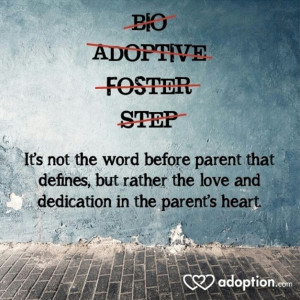Some poor unfortunate child that lives here: "WHAAAAAAAAA!"
Me: "Say sorry, RIGHT NOW!"
Other kid: "NOOOOOOOOOOOOOOOOOOOOOOOOOOOOOOOOOOOOOO!"
In case you can't tell, the one on the left is the unrelenting, unapologizing one. The one on the right is the unfortunate one (insert winky face here) This was our attempt at at the forgiveness shirt.
Worthington, a noted researcher on forgiveness wrote, "Forgiveness does not occur in a relationship. It occurs within the forgiver" (p. 201). As you can see from our forgiveness shirt, this is true. Forcing someone to apologize does not make the problem better. Forcing someone to forgive is ridiculous. Yes, we should forgive right away, but sometimes the wound is still fresh, sometimes the person who needs to be forgiven is still pinching you (as Ezra pointed out is happening in the forgiveness shirt picture), and sometimes you just need time to truly forgive.
Don't worry, they actually do really love each other.
Have you ever been hurt by someone who decided not to apologize, but just went on living life as if nothing ever happened? I have. In those cases I just forgive (although this is much easier said than done) and move on as well. I hate confrontation. So, if this works, why should we forgive and apologize anyway?
Well, for starters mental health experts believe that it is not possible "to address emotional and physical well-being without considering the relevance of repentance and forgiveness" (p. 202). Even King Benjamin said "Salvation cometh to none . . . except it be through repentance and faith on the Lord Jesus Christ" (Mosiah 3:12). David O. McKay said that nothing is more essential to salvation than the principle of repentance and Dallin H. Oaks defined repentance as transformation. Jesus himself taught that we will forgive and we must forgive others to be forgiven.
Battle and Miller said that people who forgive have better emotional and physical health. In contrast, bottling your forgiveness in can lead to emotional stress and other health risks (p. 202).
Also, "apologies facilitate forgiveness, and forgiveness motivates repentance. In families, repentance and forgiveness blend into an interactive process that is strengthened by family members commitment to each other" (p. 201).
Apologizing
So, what's the best way to apologize? Lazare (2004) said that successful apologies include:
a) an accurate acknowledgment of the offense
b) an appropriate expression of regret, remorse,or sorrow
c) a suitable offer of repayment or restitution, and
d) a pledge for behavior reform to ensure that the offense is not repeated (p. 204).
While the offended will feel better with a genuine apology they may still feel better with an inadequate apology than none (p. 204).
Repentance
When we are the ones who need to apologize what can we do? In the Gospel Principles manual of The Church of Jesus Christ of Latter Day Saints there is an effective repentance process outlined:
1. Recognize the sin (admit wrong doing)
2. Feel sorrow for the sin.
3. Forsake the sin (stop committing it and promise to never do it again)
4. Confess (to the Lord and when appropriate to the Bishop of our ward) and
5. Make restitution (p. 205).
Also, the offender must forgive him or herself, which is often harder than being forgiven by the victim.
Forgiveness
Just as truly feeling remorse and effectively apologizing is important, "Genuine forgiveness is a process, not a product" (p. 205). It's hard. It takes time. It needs to be voluntary and should give "meaning to the wound a free the injured person from bitterness and resentment" (p. 205).
Repentance and forgiveness are gifts from God and are made possible because of the Atonement of Jesus Christ.
Ideas and quotes were enhanced by the text book Successful Marriages and Families: Proclamation Principles and Research Perspectives. Edited by Alan J. Hawkins, David C. Dollahite, and Thomas W. Draper. I really recommend that everyone purchase and READ this book. It's so great.












































